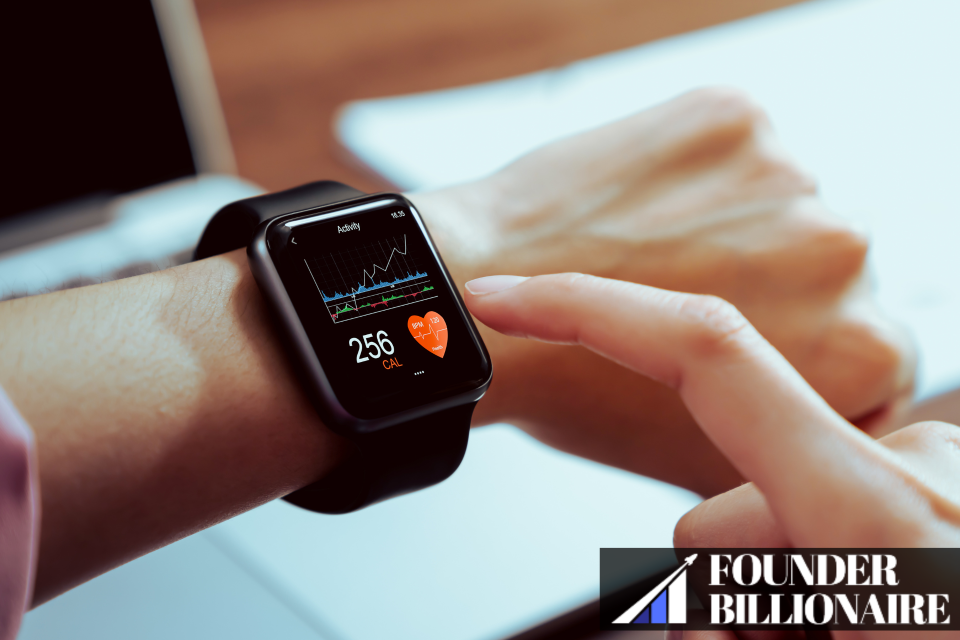Wearable devices are fundamentally transforming health monitoring and fitness tracking, shifting healthcare from a reactive to a proactive, personalized, and data-driven model. These innovations are not only empowering individuals to take charge of their well-being but are also reshaping how clinicians manage and monitor patient health.
Continuous and Real-Time Health Monitoring
Modern wearables, equipped with advanced sensors, continuously track vital health metrics such as heart rate, blood pressure, blood oxygen levels, sleep patterns, and even hydration. This constant stream of real-time data enables early detection of health anomalies and provides users and healthcare professionals with actionable insights. For example, wearable patches and smartwatches can alert users to irregular heart rhythms or poor sleep quality, prompting timely medical consultations and preventive actions.
Empowering Proactive and Personalized Care
Wearables have moved beyond basic fitness tracking to become essential tools for proactive health management. By monitoring trends and detecting subtle changes in health metrics, these devices facilitate early disease detection and prevention. For chronic disease management, such as diabetes or heart conditions, wearables like continuous glucose monitors (CGMs) and heart rate trackers allow patients to make informed decisions regarding diet, exercise, and medication, leading to better outcomes and improved quality of life.
AI integration further enhances this personalization. Machine learning algorithms analyze vast amounts of wearable data, offering tailored recommendations and treatment adjustments. This supports the development of personalized medicine, where interventions are customized based on an individual’s unique health profile.
Enhancing Patient Engagement and Outcomes
Wearable technology has been shown to increase patient engagement significantly. Studies indicate that users of fitness trackers and smartwatches are more likely to make healthier lifestyle choices, with many reporting improved motivation and accountability. For healthcare providers, wearables offer a means to remotely monitor patients, optimize care delivery, and reduce the need for frequent in-person visits. This is particularly valuable for managing chronic conditions and minimizing hospital readmissions.
Advanced Applications and Next-Generation Wearables
The latest generation of wearables includes multi-sensor patches, smart clothing, and even wearable ultrasound devices. These tools are expanding the possibilities of remote diagnostics and long-term health monitoring. For instance, skin patches can continuously monitor wound healing, while wearable ultrasound patches provide ongoing imaging of organs like the heart and kidneys. Such innovations are crucial for early intervention, especially in populations with high chronic disease burdens.
Mental Health and Behavioral Insights
Beyond physical health, wearables are increasingly used to monitor stress and emotional well-being. Metrics like heart rate variability and skin conductance help users manage stress through personalized interventions, such as guided breathing exercises and mindfulness prompts.
Societal Impact and Future Directions
The widespread adoption of wearables is fostering a cultural shift towards daily health awareness and active self-management. As these devices become more sophisticated and accessible, they are poised to play a pivotal role in decentralized, preventive healthcare systems. Their continuous, personalized feedback not only improves individual health outcomes but also has the potential to reduce healthcare costs and enhance population health on a larger scale.
Wearable devices have moved from simple step counters to indispensable health companions, driving a new era of preventive, participatory, and personalized healthcare. As technology and AI continue to advance, the impact of wearables on health monitoring and fitness tracking will only deepen, making healthier lives more attainable for all.


